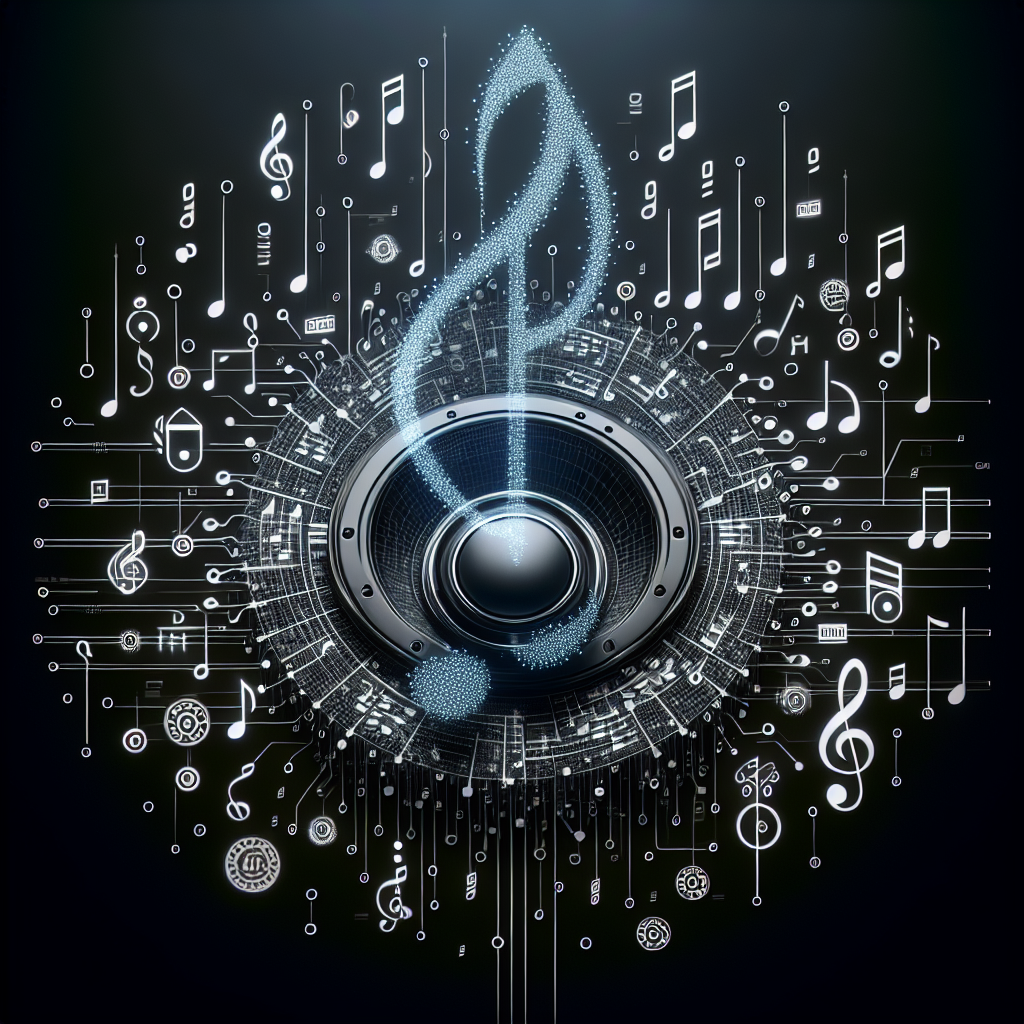AI in Music: The Evolution of Sound and Composition
Artificial intelligence (AI) has been making significant strides in various fields, including music. From composing to performing, AI has been revolutionizing the way we create and experience music. In this article, we will explore the evolution of AI in music, how it is changing the landscape of sound and composition, and what the future holds for this exciting technology.
The Beginnings of AI in Music
AI in music has its roots in the early 1950s when the first computer-generated music was created at Bell Labs. This groundbreaking achievement paved the way for further exploration into the use of AI in music composition and performance.
One of the first notable examples of AI in music composition was the creation of “The Illiac Suite” in 1957 by Lejaren Hiller and Leonard Isaacson. This piece of music was composed using a computer program called the Illiac I, which generated the musical score based on a set of rules and algorithms.
Since then, AI has been used in various ways in music, from generating melodies and harmonies to creating entire compositions. With advancements in technology, AI has become more sophisticated and capable of producing music that is indistinguishable from that created by human composers.
AI in Music Composition
AI has been used in music composition in a variety of ways, from generating melodies and harmonies to composing entire pieces of music. One of the key advantages of using AI in music composition is its ability to analyze vast amounts of musical data and generate new ideas based on patterns and trends.
One of the most well-known examples of AI in music composition is Google’s Magenta project, which uses machine learning algorithms to create original music. Magenta has been used to compose a wide range of music genres, from classical to electronic, and has even been used to create music for commercials and films.
Another example of AI in music composition is AIVA, an AI composer that has been used to create music for video games, films, and commercials. AIVA uses deep learning algorithms to analyze music theory and create original compositions based on a given set of parameters.
AI in Music Performance
AI has also been used in music performance, with the development of AI-powered instruments and virtual musicians. One of the most well-known examples of AI in music performance is the Shimon robot, created by researchers at Georgia Tech. Shimon is a robotic musician that can play various instruments, improvise with human musicians, and even compose its own music.
Another example of AI in music performance is Amper Music, an AI-powered music composition tool that allows users to create custom music tracks for videos, podcasts, and other media. Amper uses machine learning algorithms to analyze music trends and create original compositions based on a user’s input.
The Future of AI in Music
The future of AI in music is bright, with new advancements and applications being developed every day. AI has the potential to revolutionize the way we create and experience music, from composing to performing to listening.
One of the key areas of development in AI in music is the use of generative adversarial networks (GANs) to create more realistic and expressive music. GANs are a type of AI algorithm that can generate new music by learning from existing music data and creating new compositions that mimic the style of a particular composer or genre.
Another area of development in AI in music is the use of AI-powered music recommendation systems, which use machine learning algorithms to analyze a user’s listening habits and preferences and recommend new music based on these patterns. These systems have the potential to revolutionize the way we discover and consume music, by providing personalized recommendations tailored to each individual listener.
FAQs
Q: Can AI create music that is as good as that created by human composers?
A: AI has the potential to create music that is indistinguishable from that created by human composers. With advancements in technology and machine learning algorithms, AI has become more sophisticated and capable of producing music that is highly expressive and original.
Q: How is AI being used in music composition and performance?
A: AI is being used in music composition to generate melodies, harmonies, and entire compositions. AI is also being used in music performance with the development of AI-powered instruments and virtual musicians that can play various instruments, improvise with human musicians, and even compose their own music.
Q: What are some of the challenges of using AI in music?
A: One of the key challenges of using AI in music is ensuring that the music created is original and creative. AI algorithms can sometimes produce music that is derivative or lacks emotional depth. Another challenge is the ethical implications of using AI in music, such as issues of copyright and ownership.
In conclusion, AI in music is a rapidly evolving field that is changing the way we create and experience music. From composition to performance to listening, AI is revolutionizing the way we interact with music. With new advancements and applications being developed every day, the future of AI in music is bright and full of exciting possibilities.

